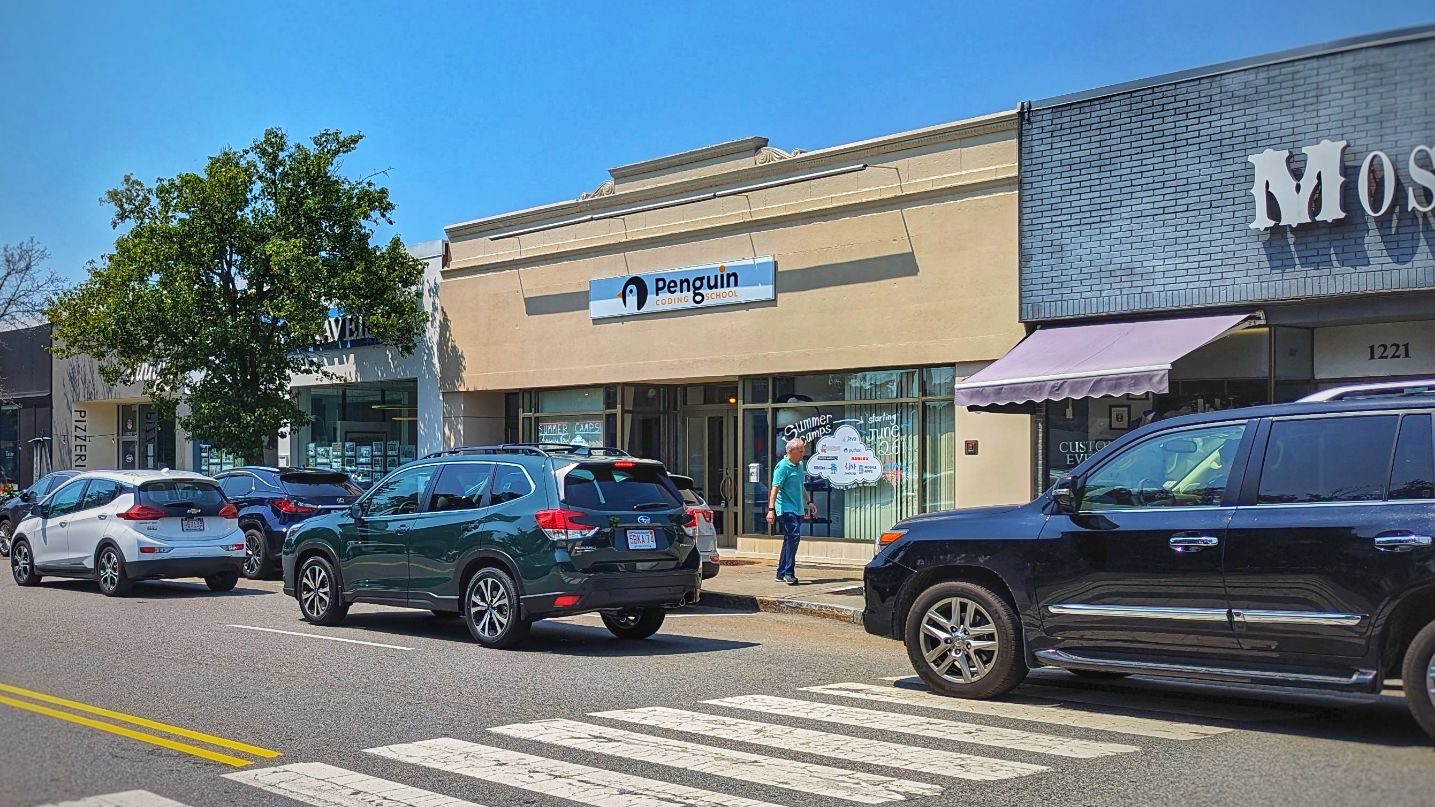LEARYpic
EDITOR’S NOTE: The Newton Beacon is reaching out to all candidates for City Council for interviews and profile stories. The Newton Beacon is independent and nonpartisan, and coverage does not mean endorsement.
Ward 1 City Councilor-at-Large Alison Leary has been one of Newton’s leading environmentalists since she first took office 10 years ago, but November’s election may be the last for the five-term office holder from Nonantum.
“I’m looking forward to stepping back [after this term] and letting someone else take over,” she said. “I’m really considering not running again.”
Leary, along with John Oliver, are both running unopposed for the two Ward 1 Councilor-at-Large seats. The longtime Newton resident said one of the primary reasons she decided to run again was because of her commitment to zoning reform and the Village Center Overlay District.
“It is really important and, I think, there would be a big learning curve for someone new to just jump in this late in the game,” she said. “I’m pretty sure this is my last term.”
An environmental passion
Leary launched her political career in 2013 with an upset victory against three men who were running for an open seat.
She ran the old-fashioned way, knocking on doors throughout the district starting more than seven months before election day.
“People were surprised. I think they underestimated me,” she said, adding that her passion for environmental issues and her willingness to listen to the concerns of those in Ward 1 were key factors in her first victory.
One of her signature issues was leading a campaign to ban plastic bags in Newton, one of the first cities in Massachusetts to implement such a ban. While Leary said the litter issue was certainly a concern, the broader issue was the amount of plastic in the environment.
Plastic, which is polluting oceans, she said, is not only causing physical harm to individuals but is a fiscal issue for the city because of sharply increasing recycling costs.
Leary, an environmental activist for most of her life, said she’s “cared about nature” since she was a child, starting as a birder when she was just 12 and “discovered all these beautiful, bright-colored birds in the tree above me.”
It has been an integral part of her life ever since.
Leary marched in nuclear war protests in New York, joined others who were enraged over the Exxon-Valdez oil spill in Alaska and became involved with local farming issues. More recently, she’s been very active in Green Newton and served as vice president of Newton Conservators.
Environmental issues are also at the forefront of some of her work as chair of the Council’s Public Facilities Committee. Leary has been working on what she calls a “much more robust” stormwater ordinance because of “monsoon type rains that are totally overwhelming our sewer and storm water systems.”
While the city is midway through a 20-year plan to upgrade its sewer systems and is “way ahead” of many other communities in this area, she said, “no city in this part of the country has the infrastructure that can manage the kind of rainstorms” that have become more prevalent.
Additionally, she pointed out, the city is required by the Environmental Protection Agency (EPA) to reduce the amount of phosphorus that flows into the Charles River.
Although homeowners pay a sewer and storm water fee of $114 per year, dealing with the phosphorus issue and other challenges will become increasingly expensive, according to Leary, who said the city needs to look at public and private partnerships to deal with the costs.
Champion for zoning reform, VCOD
Leary, who has lived in Nonantum for 20 years with her husband Peter Meridian and children, Olivia and Peter, both college students, said among the major issues she expects to deal with in the coming term are the shortage of housing and zoning.
A major component of Village Center Overlay District plan, which she strongly supports, involves rezoning the city village centers to allow more housing, higher density housing and larger buildings near Newton’s public transportation stations.
The plan will fulfill the new MBTA Communities Act mandate to zone for more housing near MBTA stops.
“We’ve worked long and hard on it,” she said. “We’ve been doing this for two years now and we’ve gotten a lot of feedback. We have to listen to all the voices but, at the same time, you have to think about what really is best for the city.”
Leary pointed out that the plan has gone through multiple revisions, including moderating some of the density. “We’ve tried to be very thoughtful about not encroaching on residential homes with too much height.”
She noted that the plan” doesn’t require anyone to build anything or do anything to their buildings.” Owners also have the option to use underlying zoning regulations if they prefer.
The City Council is expected to vote on the plan by the end of the year.

Leary noted that city hasn’t substantially changed its zoning regulations in 70 years, except for some minor changes in 1987.
“We’re planning for the next 50, 60, 70-plus years and I’m committed to helping to be part of the solution to the housing crisis,” Leary said.
In addition to what she called “astronomical” housing and rental prices, Leary said one of the primary reasons for the crisis is because “we haven’t built enough housing for the last 40 or 50 years.”
Leary, a graduate of Newton North and Simmons University, started a new job last May as a program manager for Heading Home one of Boston’s leading providers of emergency shelter, transitional and permanent housing for extremely low-income families and individuals experiencing homelessness.
Newton’s election will be Nov. 7, with early voting starting on Oct. 28.